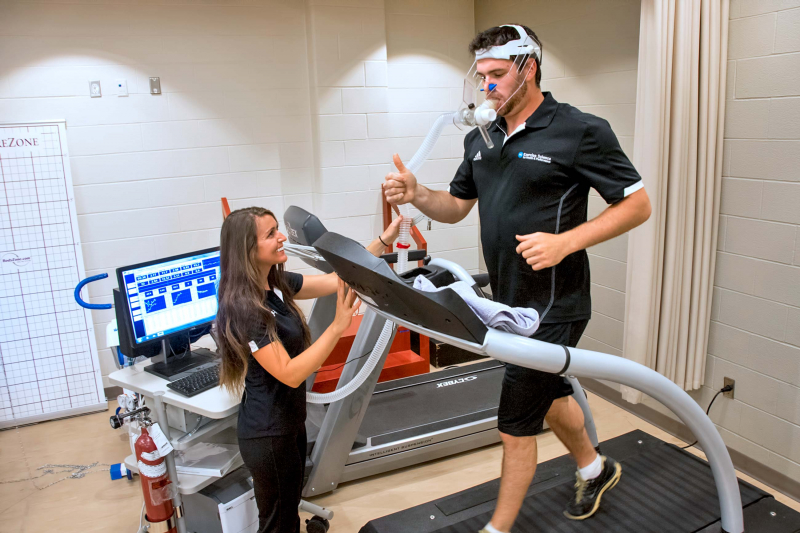Science of Exercise

Learners who complete Science of Exercise will have a better physiological understanding of how their bodies respond to exercise, as well as the ability to recognize behaviors, choices, and settings that affect their health and training. You'll learn about how your body adjusts to the physical stress of exercise, including changes in carbohydrate, fat, and protein metabolism, dietary issues, muscular soreness and tiredness, and the effectiveness and risks of performance-enhancing medicines.
Nutrition records, heart rate monitoring, total daily caloric expenditure calculations, and body mass index calculations will all be used in active learning evaluations to challenge you to use your new knowledge (BMI). Finally, students will look at the scientific evidence for the health advantages of exercise, such as heart disease prevention and treatment, diabetes, cancer, obesity (weight loss), depression, and dementia. This is one of the best online sports courses.
Skills you will gain
- Training
- Nutrition
- Fitness And Nutrition
- Public Health
Instructor: Robert Mazzeo, Ph.D.
Coursera rate: 4.8/5.0, 4.065 ratings
Offered by: University of Colorado Boulder
Enroll here: https://www.coursera.org/learn/science-exercise











